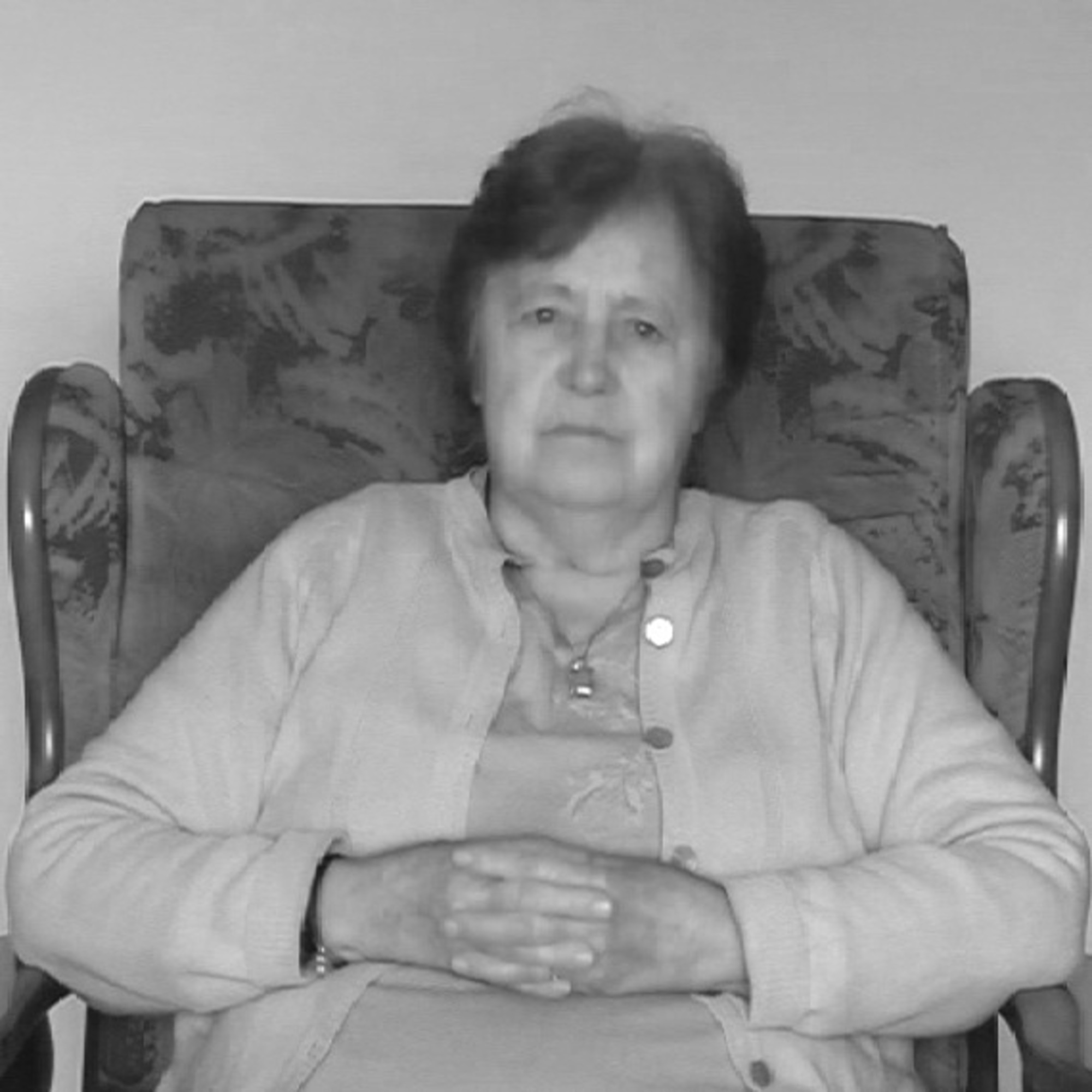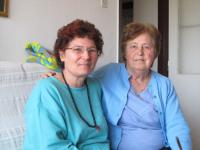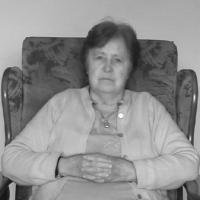We were wear wooden clogs
Sonja Ritoša (maiden name Grubić) was born 28. 2. 1933. in Sušak in the then Kingdom of Yugoslavia. Her father had to flee from Istria with his family due to conflicts with fascists. Kingdom of Yugoslavia settled them as refugees in Bačka which today is a part of Vojvodina, Republic of Serbia. It was there that World War II found them. She remembers Hungarian fascists who took them to a camp and a red shoe her sister wore and was left behind them in mud. In camp they suffered from malnourishment and illnesses. She especially recalls the day they when a Hungarian officer stopped their execution and saved them just as they were standing above their dugout graves. With the help of local folks, they fled before being deported to another camp. In Serbia they were considered refugees and had to wear wooden clogs as their mark. For a while they stayed with a Serbian-French family and she recalls that time with fondness. After a while, the family goes to a rented apartment and there they saw the end of war. She remembers the victims who have died in bombings and drunken Russian soldiers in search of alcohol and girls. After the war ended, she went back to Pula where she remains to this day.


